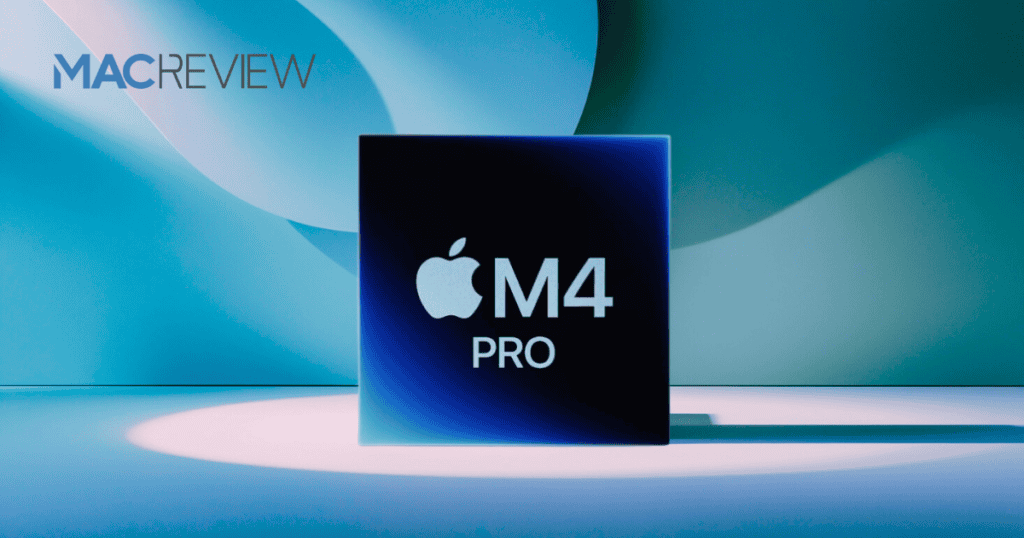Apple’s M4 Pro chip has arrived, setting impressive new standards in performance. Geekbench 6 results reveal that Apple’s latest 14-core M4 Pro chip surpasses the M2 Ultra in multi-core CPU performance, marking a significant milestone in Apple’s hardware development. This leap in performance is particularly noteworthy given the M4 Pro’s position as a more affordable alternative to Apple’s ultra-premium models. Users can now experience high-end processing power without the high-end price tag, making the M4 Pro chip a breakthrough in Apple’s silicon lineup.
Benchmark Results: M4 Pro vs. M2 Ultra
The M4 Pro chip’s Geekbench scores reveal an average multi-core score of 22,094, based on 11 tests for the Mac mini equipped with this processor. By comparison, the Mac Studio featuring the 24-core M2 Ultra scored an average of 21,351 across over 600 tests. This performance feat highlights the M4 Pro’s efficiency, achieving greater power with fewer cores than the M2 Ultra. The result not only underscores Apple’s architectural advancements but also shows how the M4 Pro is redefining expectations for compact and cost-effective devices.
Key Features and Innovations in the M4 Pro
The M4 Pro’s advancements extend beyond its performance score. It features optimized CPU architecture, which allows for intensive multitasking without straining the processor. Its enhanced GPU capabilities make it suitable for graphics-heavy applications, from video editing to 3D rendering. Additionally, Apple has fine-tuned the M4 Pro’s Neural Engine to handle machine learning tasks with remarkable efficiency, making it ideal for AI-driven applications. Coupled with advanced energy management, the M4 Pro ensures prolonged battery life and effective cooling, balancing performance with power efficiency.
Year-Over-Year Improvements: M4 Pro vs. M3 Pro
Comparing the M4 Pro to previous Apple silicon, the new chip demonstrates a significant improvement over the M3 Pro. In multi-core CPU performance, the M4 Pro is up to 45% faster than the M3 Pro. Geekbench results show that the M3 Pro’s 12-core CPU achieved a multi-core score of 15,282, based on more than 4,000 tests for the 14-inch MacBook Pro. This year-over-year advancement highlights Apple’s commitment to pushing performance boundaries with each new chip generation.
Affordable Performance: M4 Pro’s Market Position
One of the most striking aspects of the M4 Pro’s introduction is the value it brings. Apple has made this high-performance chip available in the Mac mini, starting at $1,599. For context, the M2 Ultra in the Mac Studio configuration starts at $3,999, offering a comparable level of performance at over twice the cost. With the M4 Pro, Apple is making high-end computing power more accessible, allowing professionals and power users to benefit from peak performance without investing in the most expensive models.
Looking Ahead: The Anticipated M4 Max
As the M4 Pro gains traction, the tech community is looking forward to the release of the M4 Max. Rumored to feature a 16-core CPU, the M4 Max is expected to raise performance standards further, adding another level of power for users with demanding computing needs. This upcoming addition to the M4 lineup will likely set new records, highlighting Apple’s continued innovation in silicon technology and offering more options across different price points.
The M4 Pro’s Role in Apple’s Silicon Evolution
The M4 Pro chip’s arrival is a game-changer for Apple, proving that the company can deliver exceptional performance across its product range. Outperforming the M2 Ultra in multi-core processing, the M4 Pro offers more options for users who need professional-grade performance at an affordable price. This chip exemplifies Apple’s dedication to efficiency, accessibility, and user-centered technology, setting a new benchmark for what’s possible in the future of Apple silicon. With the M4 Pro, Apple continues to push boundaries, making powerful, efficient technology more accessible to a wider audience.




